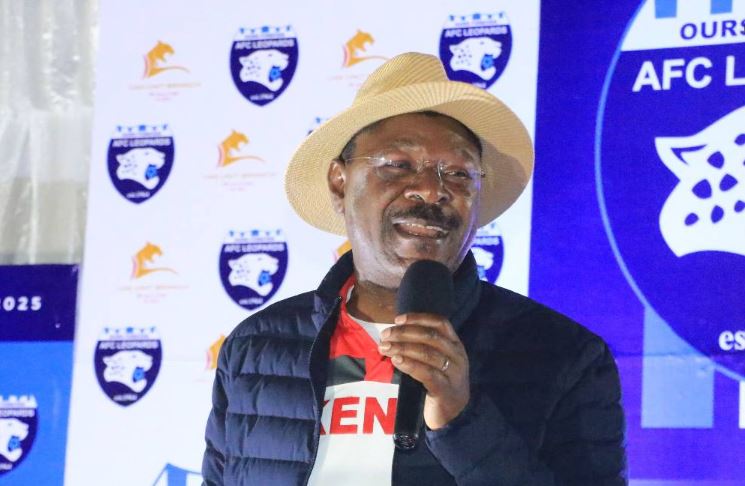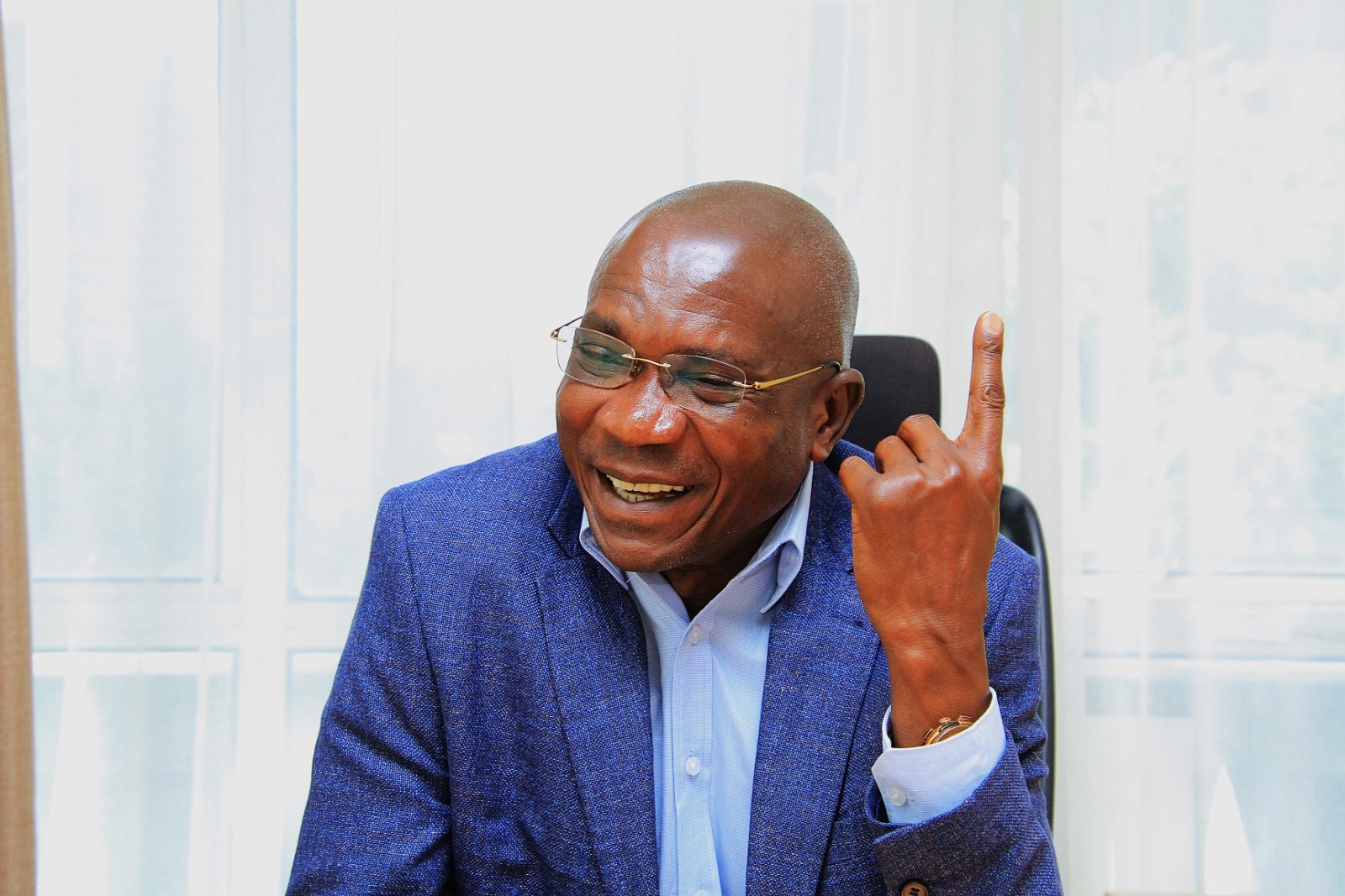
 National Assembly Speaker Moses Wetang’ula speaking during a gala dinner at Wanangali Sports Club in Mianga, Bungoma County, held to honour AFC Leopards’ top performers from the just-concluded season/HANDOUT
National Assembly Speaker Moses Wetang’ula speaking during a gala dinner at Wanangali Sports Club in Mianga, Bungoma County, held to honour AFC Leopards’ top performers from the just-concluded season/HANDOUT
National Assembly Speaker Moses Wetang’ula has urged MPs to revisit the Sports Act and re-evaluate the management of the Sports Fund.
Wetang’ula said the amendment should ensure that local sports clubs, especially those participating in the FKF Premier League and community-based teams, receive a fair share of the billions allocated to the fund annually.
Speaking on Saturday during a gala dinner at Wanangali Sports Club in Mianga, Bungoma County, held to honour AFC Leopards’ top performers from the just-concluded season, Wetang’ula highlighted a major gap in how sports funding is currently distributed.
“We need to look again at the Sports Act and how the Sports Fund operates,” he said.
“A reasonable portion of the funds that Parliament allocates should go directly to support clubs—helping them run their day-to-day operations, pay their players, access proper facilities, train athletes, and nurture talent from the grassroots.”
The Speaker noted that while the Sports Fund, created under the Sports Act of 2013, is well-financed—drawing revenue from sources such as betting taxes and lotteries—its spending has been heavily skewed toward national teams, stadium renovations, and administrative expenses.
As a result, many clubs at the county and grassroots levels remain underfunded and under-supported.
“Kenya has immense talent, but without adequate support at
club level, this potential remains untapped,” Wetang’ula warned. “If we
deliberately empower clubs financially, we can strengthen the entire sports
ecosystem—from community tournaments to professional leagues and national
teams.”
He called on MPs, particularly those sitting in the Departmental Committee on Sports and Arts, to push for amendments to the Sports Act that would institutionalise equitable distribution of the fund and explicitly provide for direct support to local clubs.
Wetang’ula also emphasized the need for dialogue with the Ministry of Youth Affairs, Creative Economy and Sports, as well as the Sports Fund management, to explore inclusive and sustainable funding models that can ensure predictable financial support to clubs.
His call comes amid growing frustration from clubs across multiple disciplines—including football, volleyball, and athletics—who cite rising operational costs, a lack of county-level backing, and declining sponsorship deals as key threats to their sustainability and competitiveness.
Boniface Ambani, President of AFC Leopards Football Club, echoed Wetang’ula’s sentiments, saying that while national-level investment is important, grassroots support is critical for long-term success.
“Direct funding to clubs would create a strong foundation for sustained sports excellence and broader youth empowerment,” Ambani said.














